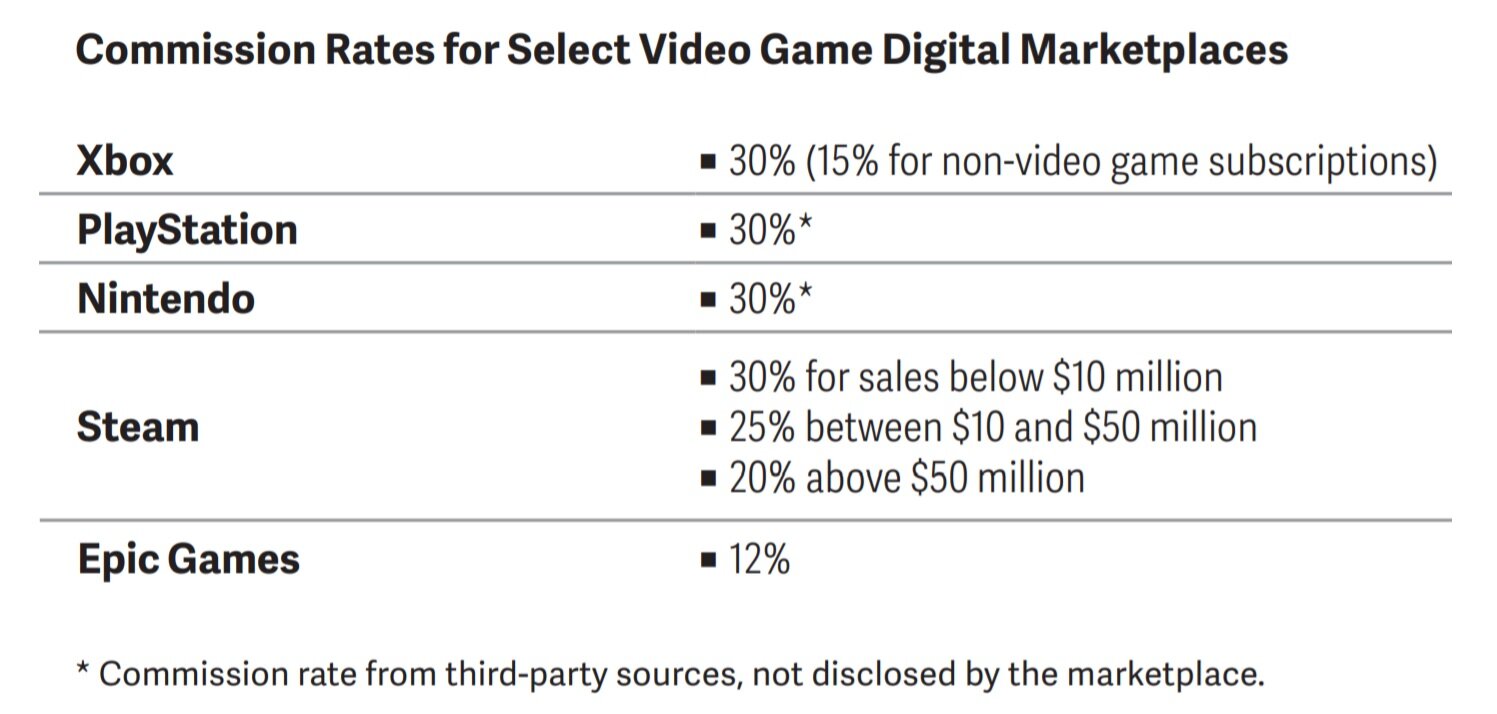Christmas came early for small developers around the world. You’ve probably heard by now that Apple recently announced the App Store Small Business Program, reducing App Store commission to 15 percent for small businesses earning up to $1 million per year. The program will launch on January 1st 2021.
This is an amazing asymmetric risk-reward move for Apple and a win for the majority of developers worldwide. According to Sensor Tower, the program will benefit 97.5% of App Store developers, while only affecting less than 5% of the App Store’s revenue. So while the vast majority of developers in the App Store ecosystem will be getting a 21% bump on the top line, Apple only loses a few percent.
On the PR side, the optics of supporting the small guys is crucial for Apple, and it’s likely part of laying the groundwork for their upcoming trial with Epic next May. While correlation doesn’t equal causation, developers all around the world could thank Epic’s CEO Tim Sweeney for constantly pushing the line with Apple. Ironically, Epic cares more about Apple loosening control than simply lowering the rate for certain developers, so even if public perception shifts more favorably to Apple essentially nothing in Epic’s argument changes.
This is also not the first time the App Store has done a price cut. Back in 2016, the App Store reduced the subscription commission to 15% for subscriptions that are maintained for over a year. While the effect of the subscription commission reduction doesn’t impact as many developers as this week’s Small Business Program, it can offer us a glimpse of the future. For context, here’s the commission comparison of Apple’s App Store with other marketplaces as of July 2020:

Naturally, the question on everyone’s mind now is whether Google Play will follow suit with a price cut for small developers. I think a similar 15% cut (or even more) is extremely likely for Google Play for two reasons: 1) Google Play followed suit with a similar 15% cut to subscriptions in 2017, one year after App Store’s cut. 2) Regulators scrutiny with big tech and digital monopolistic behavior is trending in US and EU. If Google Play does not do a price cut, they would be first in line to face the music. And in this case, Google would much prefer to go second.





